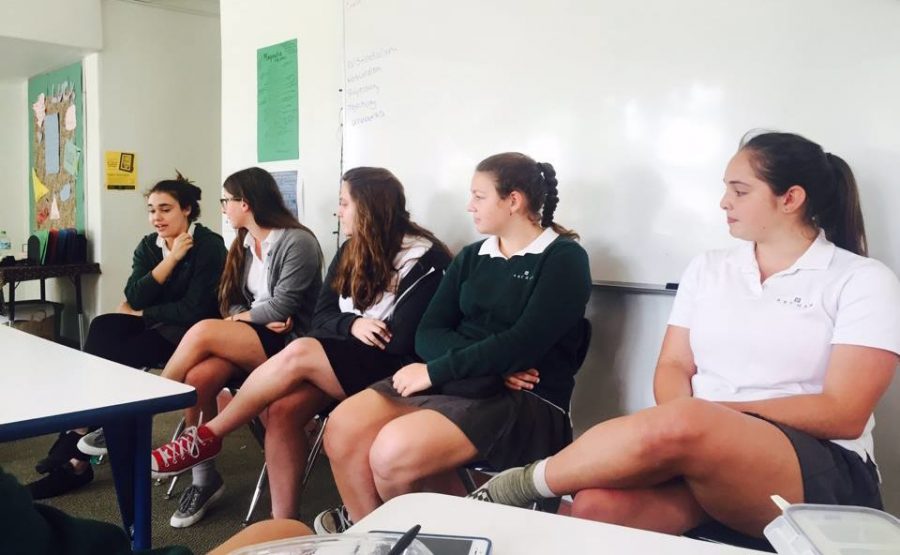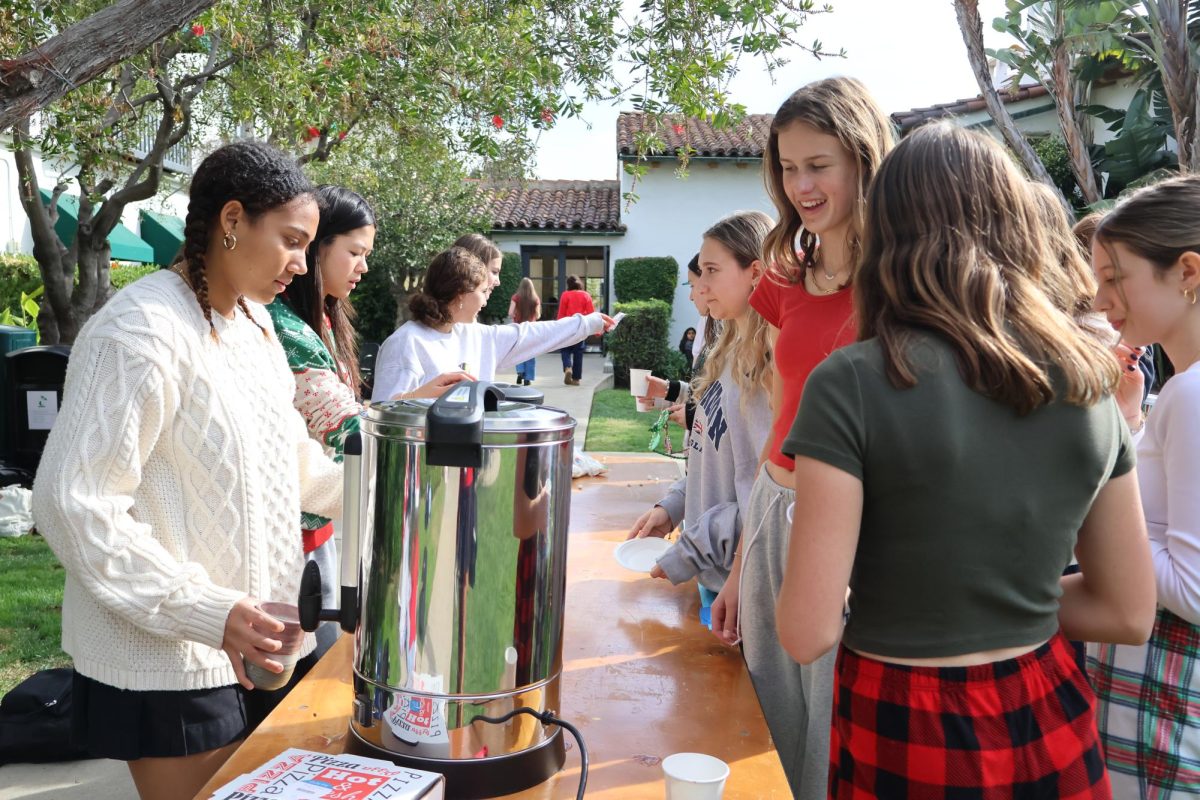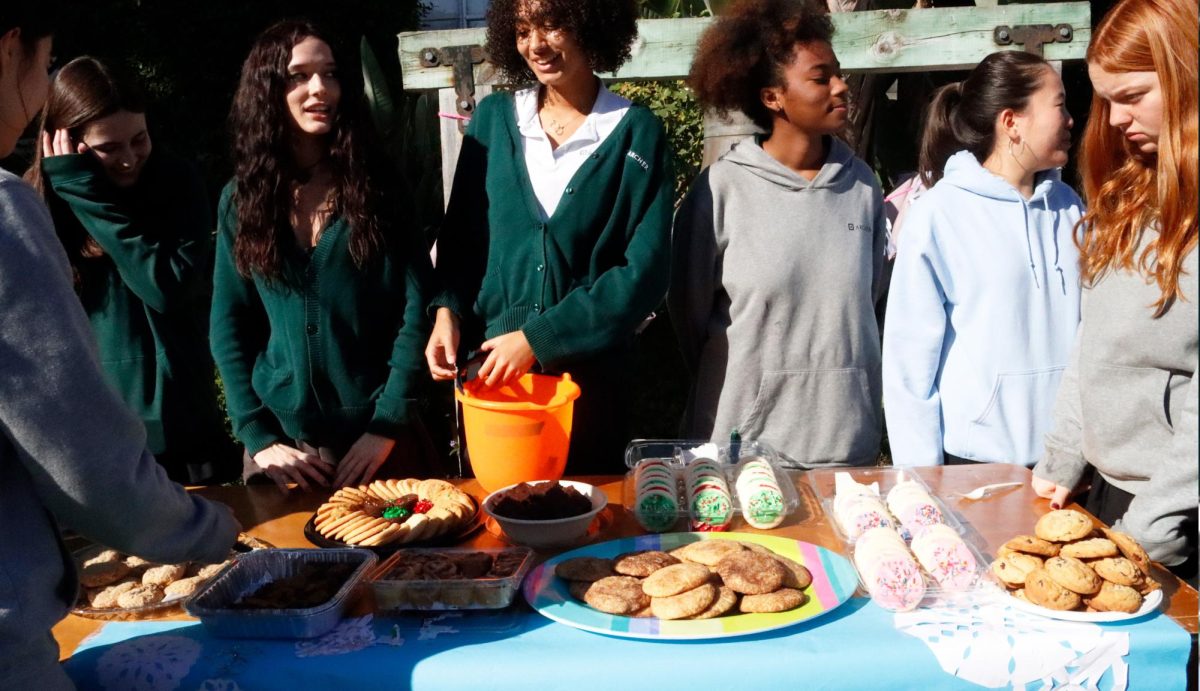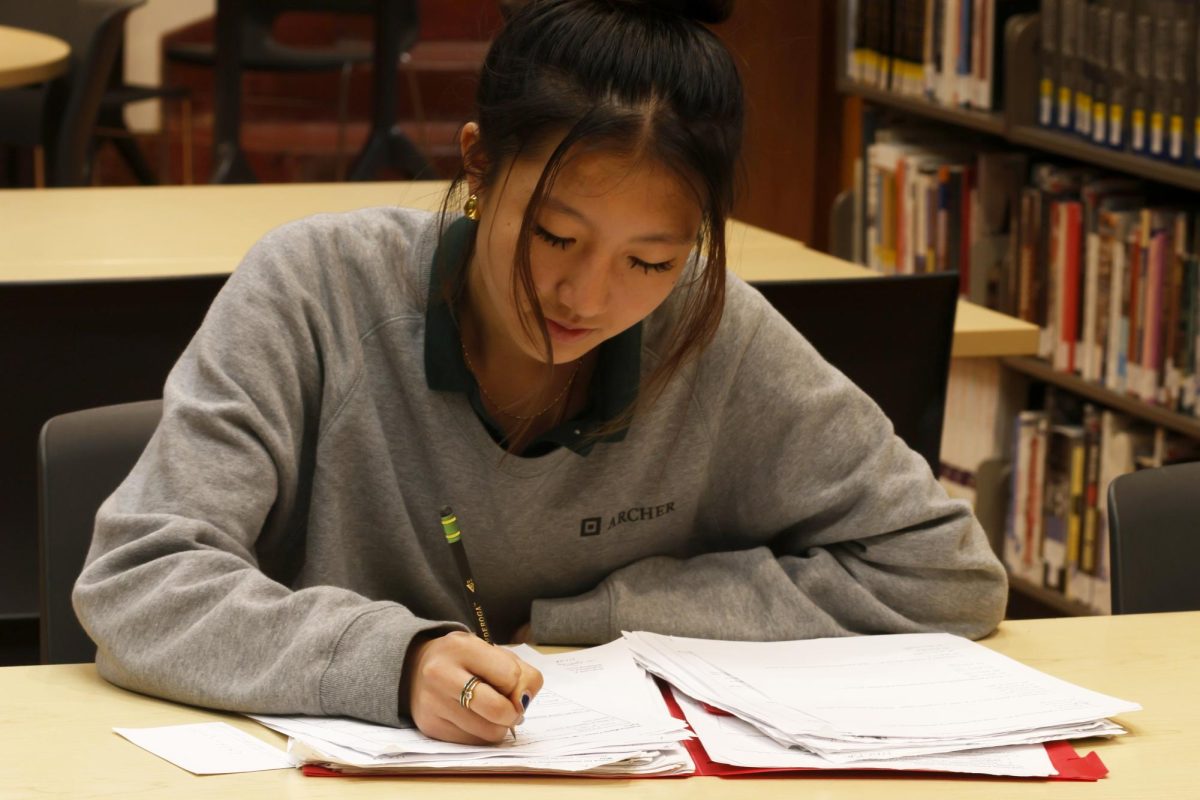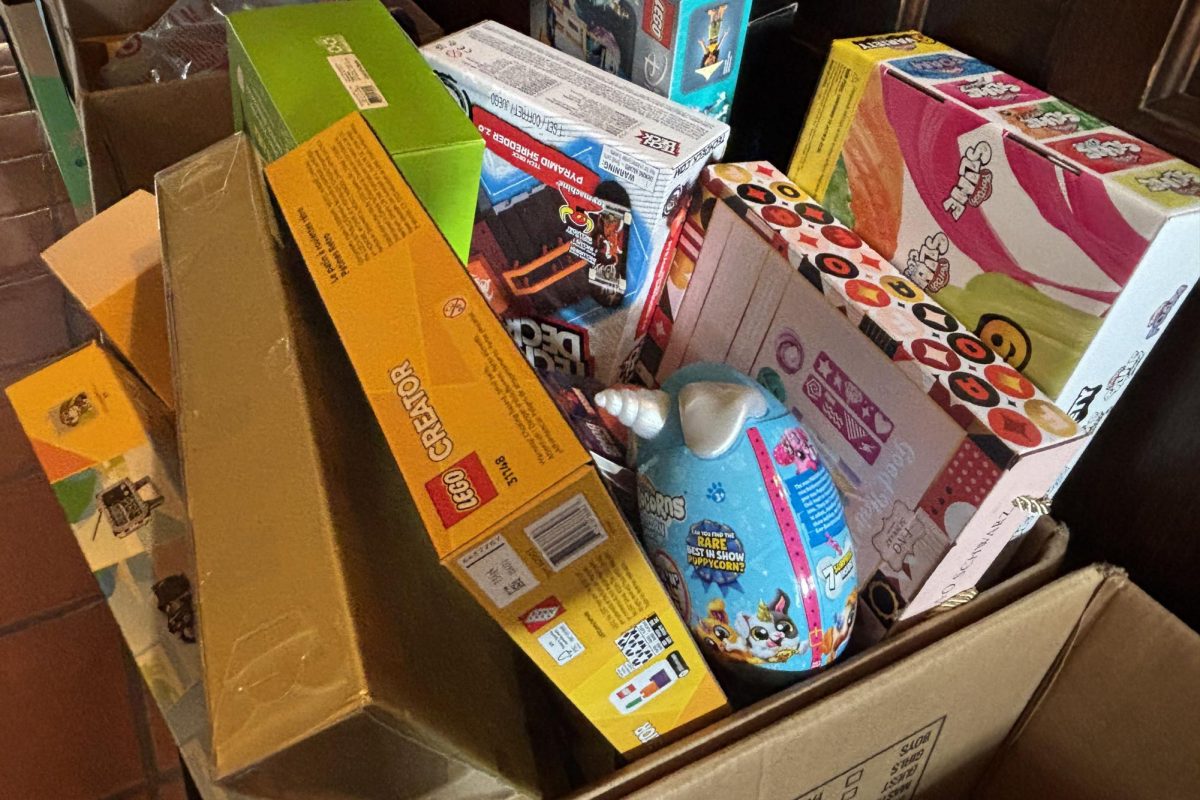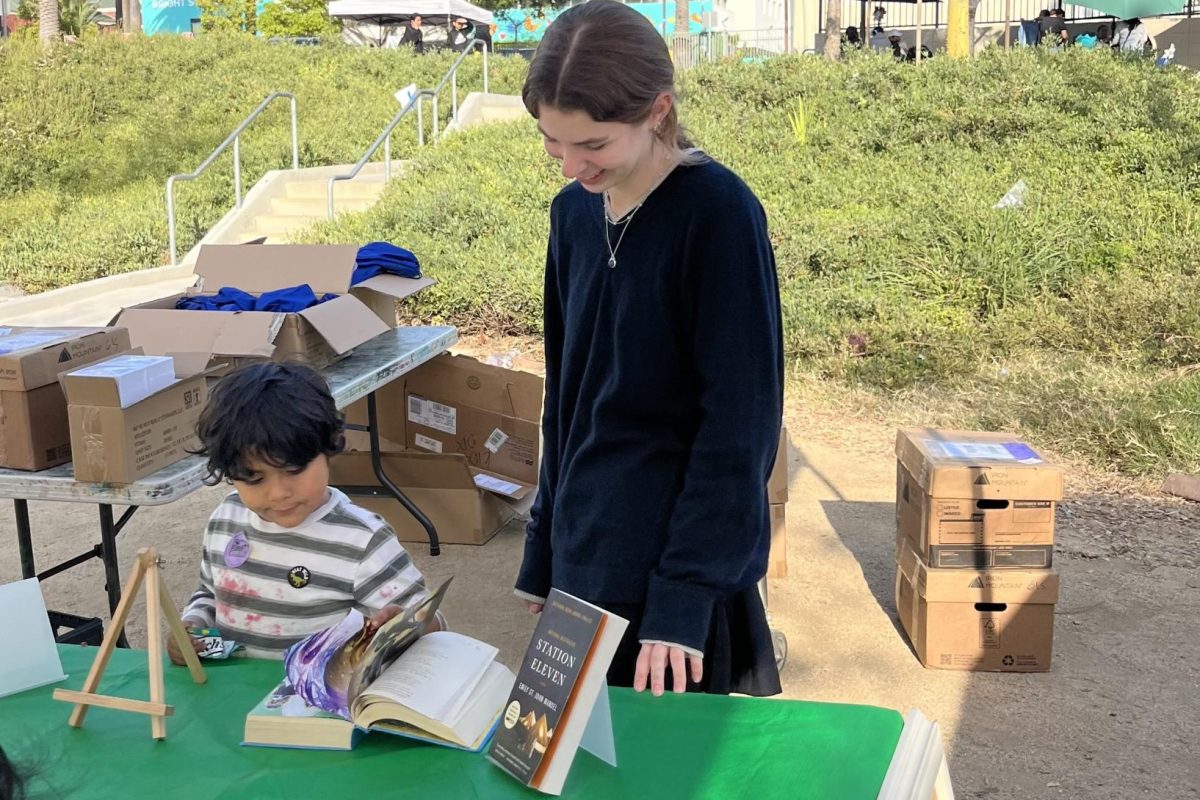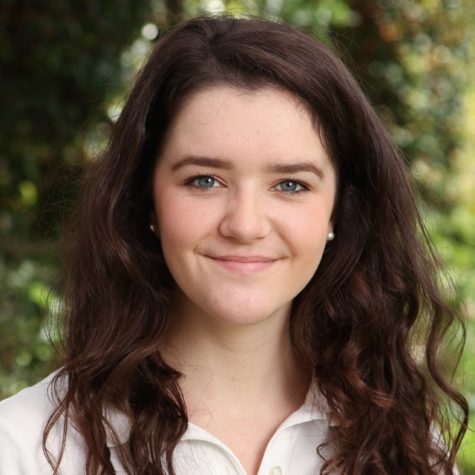The Diversity Board held a panel on Wednesday, May 6, for Archer students who have a learning, physical or mental disability.
During the panel they discussed personal perspectives and experiences with diversity in ability.
Madeline Hochman ’17, Annie Schindel ’17, Karinne Robbins ’16, Amanda Mihalke ’15 and Reanna Wauer ’16 opened up about their previous struggles with their differences and how they’ve learned to work with them.
“I would never understand what the teacher was telling me. I couldn’t answer the question,” Schindel said, “I’m now much more open about it … My friends and teachers — I make them aware just so it doesn’t come across as I’m not listening or I wasn’t paying attention or something like that.”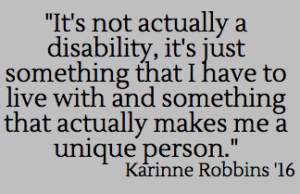
“I’ve only recently started telling teachers and that’s really helped a lot because if they know then they’ll always help you. They won’t think you’re not paying attention even if it’s not your best particular class and they know you’re trying your best and not just zoning out,” Hochman said.
Some girls spoke about a time when they met other people who share their difference and how this helped them learn how to manage and find positivity in their difference.
Robbins said, “It’s not actually a disability, it’s just something that I have to live with and something that actually makes me a unique person.”
“I can make myself what I want myself to be. I don’t need to take what people have said is wrong with me and accept it, I can work past it and use it to make myself even stronger,” Wauer said.
“I just have to look at everything with a sense of humor because I can laugh about it, but ultimately, at the end of the day, it does suck,” Schindel said, “I can talk about it and [say] ‘Ugh I have to go here and here, and I have to do this to make sure I’m on track,’ but at the end of the day [I] just laugh about it because we’re all — whether you have a learning difference or not — we’re all kind of in it together.”
The students discussed the difference between the words “disability” and “difference” and if they had any opinions about the connotations of the words.
Many of the girls said they take no offense to the word “disability” and they think the two words can be used interchangeably. Schindel, Robbins and Hochman agreed they share an “it is what it is” attitude toward the words, but also know that some people can be offended by the word “disability.”
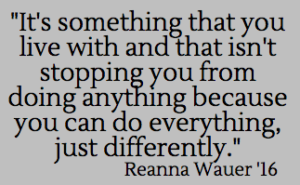 According to Mihalke, some people are opposed to the word “disability” because they feel the word suggests they are inhibited from doing things, while others might accept the word and share the same views as Schindel, Robbins and Hochman.
According to Mihalke, some people are opposed to the word “disability” because they feel the word suggests they are inhibited from doing things, while others might accept the word and share the same views as Schindel, Robbins and Hochman.
“I think it’s only a disability if you make it a disability. Not to say that it isn’t hard and it isn’t challenging because it really is, but it’s something that you need to learn to live with. It is what it is, like what everyone’s been saying, but it’s something that you live with and that isn’t stopping you from doing anything because you can do everything, just differently,” Wauer said.



